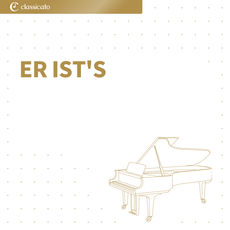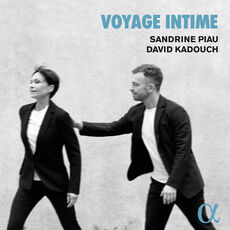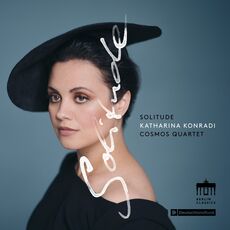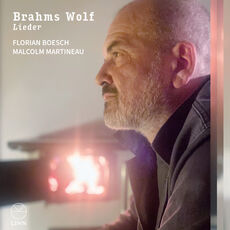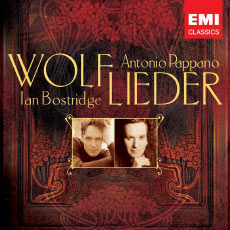-

Art Songs, Mélodies & Lieder
Mar 10, 2017
25 tracks
Heimat (Schubert, Wolf, Brahms, Reger, Grieg, Britten...)Art Songs, Mélodies & Lieder • March 10, 2017 • Sony Music Classical Local
16-Bit/44.1 kHz Stereo -
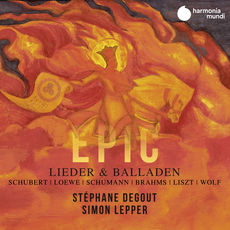
Art Songs, Mélodies & Lieder
Mar 6, 2020
12 tracks
Lieder & BalladenArt Songs, Mélodies & Lieder • March 6, 2020 • harmonia mundi
24-Bit/96 kHz StereoFrom $8.75 -
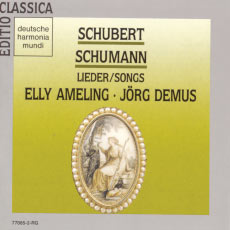
Classical
Jan 2, 1990
28 tracks
Schubert/Schumann SongsClassical • January 2, 1990 • Deutsche Harmonia Mundi
16-Bit/44.1 kHz StereoFrom $15.69 -
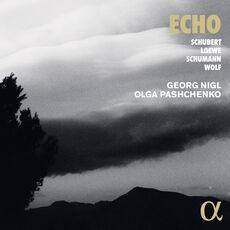
Classical
May 5, 2023
20 tracks
Echo: Schubert, Loewe, Schumann & WolfClassical • May 5, 2023 • Alpha Classics
24-Bit/96 kHz StereoFrom $10.99 -
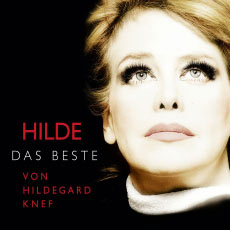
Pop
Mar 13, 2009
24 tracks
-
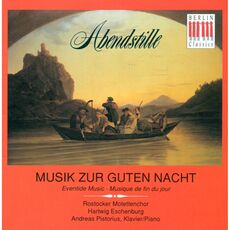
Classical
Jan 1, 2008
20 tracks
Brahms, J.: In Stiller Nacht / Distler, H.: Die Sonne Sinkt Von Hinnen / Schulz, J.A.P.: Der Mond Ist Aufgegangen (Eventide Music)Classical • January 1, 2008 • Berlin Classics
16-Bit/44.1 kHz StereoFrom $12.55 -
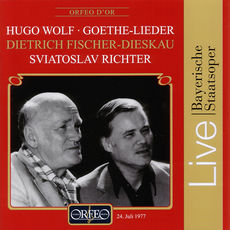
Classical
Jan 1, 2016
21 tracks
-
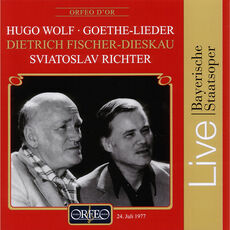
Classical
Jan 1, 2016
21 tracks
From $12.55 -

Classical
Jan 1, 1995
28 tracks
Schumann: Frauenliebe und -Leben, Op.42; 5 Lieder, Op. 40; Ausgewählte LiederClassical • January 1, 1995 • Deutsche Grammophon (DG)
16-Bit/44.1 kHz StereoFrom $13.59 -
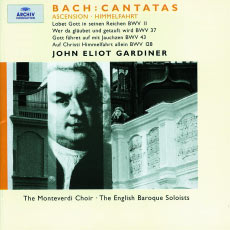
Classical
Jan 1, 2000
33 tracks
Bach: Ascension Cantatas BWV 11, 37, 43 & 128Classical • January 1, 2000 • Archiv Produktion
16-Bit/44.1 kHz StereoFrom $18.09 -
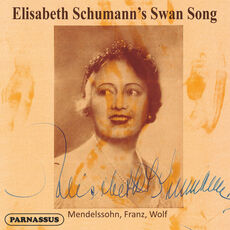
Classical
Jan 1, 1950
32 tracks
Elisabeth Schumann's Swan Song (2024 Remastered Edition)Classical • January 1, 1950 • Parnassus
16-Bit/44.1 kHz StereoFrom $12.55 -
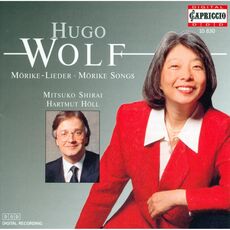
Vocal Music (Secular and Sacred)
Jan 1, 1998
17 tracks
Wolf, H.: Gedichte Von Eduard Morike (Excerpts)Vocal Music (Secular and Sacred) • January 1, 1998 • Capriccio
16-Bit/44.1 kHz StereoFrom $12.55 -
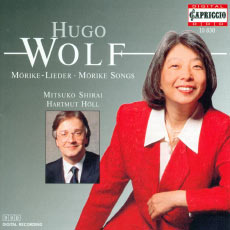
Vocal Music (Secular and Sacred)
Jan 1, 1998
17 tracks
Wolf, H.: Gedichte Von Eduard Morike (Excerpts)Vocal Music (Secular and Sacred) • January 1, 1998 • Capriccio
16-Bit/44.1 kHz Stereo -
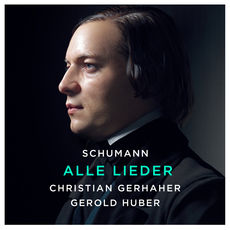
Classical
Sep 3, 2021
297 tracks
-
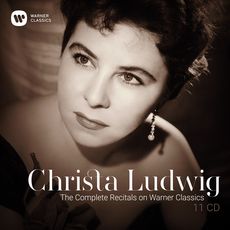
Classical
Mar 9, 2018
146 tracks
The Complete Recitals on Warner ClassicsClassical • March 9, 2018 • Warner Classics
24-Bit/96 kHz StereoFrom $21.99 -
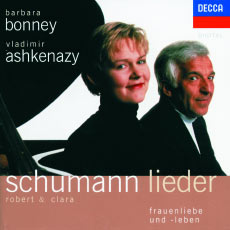
Classical
Jan 1, 1997
29 tracks
Robert & Clara Schumann Lieder - Frauenliebe und -LebenClassical • January 1, 1997 • Decca Music Group Ltd.
16-Bit/44.1 kHz StereoFrom $13.59 -
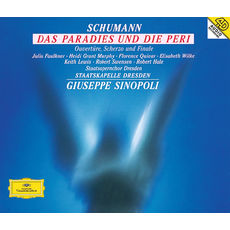
Classical
Jan 1, 1995
29 tracks
Schumann: Das Paradies und die Peri; Overtüre, Scherzo und Finale, Op.52Classical • January 1, 1995 • Deutsche Grammophon (DG)
16-Bit/44.1 kHz Stereo -

Opera
Sep 11, 2001
62 tracks
Strauss R. : Der Rosenkavalier (2017 Remastered)Opera • September 11, 2001 • Warner Classics
24-Bit/96 kHz StereoFrom $21.99 -
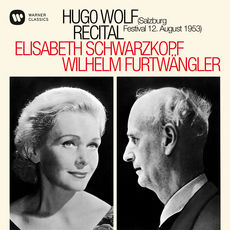
Classical
Feb 22, 2019
22 tracks
Hugo Wolf Recital - Salzburg, 12/08/1953Classical • February 22, 2019 • Warner Classics
24-Bit/96 kHz StereoFrom $8.89 -

Classical
Feb 22, 2019
22 tracks
Hugo Wolf Recital - Salzburg, 12/08/1953 (Live)Classical • February 22, 2019 • Warner Classics
24-Bit/96 kHz StereoFrom $8.89 -
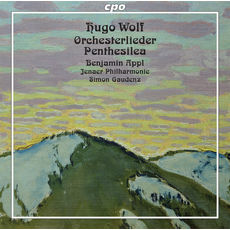
Classical
May 6, 2022
15 tracks
-
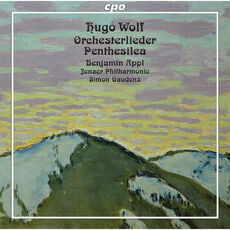
Classical
May 6, 2022
15 tracks
From $10.46 -
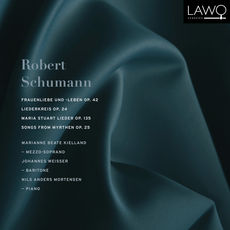
Classical
May 15, 2020
26 tracks
Robert Schumann: Frauenliebe und -leben, Op. 42 - Liederkreis, Op. 24 - Gedichte der Königin Maria Stuart, Op. 135 - Songs from Myrthen, Op. 25Classical • May 15, 2020 • Lawo Classics
24-Bit/192 kHz StereoFrom $10.09 -
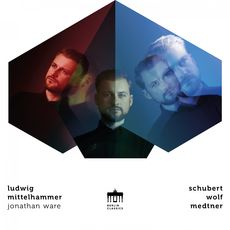
Classical
Jun 21, 2019
21 tracks
From $9.99 -
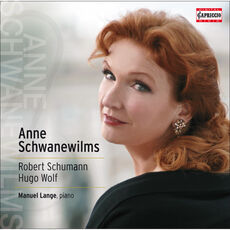
Vocal Music (Secular and Sacred)
Jul 30, 2013
20 tracks
Anne Schwanewilms: Robert Schumann - Hugo WolfVocal Music (Secular and Sacred) • July 30, 2013 • Capriccio
24-Bit/48 kHz StereoFrom $10.46 -
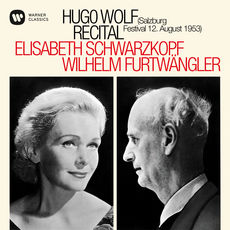
Classical
Feb 22, 2019
22 tracks
Hugo Wolf Recital - Salzburg, 12/08/1953Classical • February 22, 2019 • Warner Classics
16-Bit/44.1 kHz StereoFrom $11.49 -
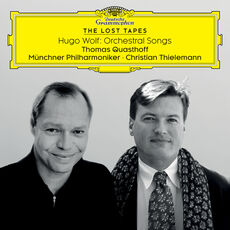
Classical
Nov 24, 2023
9 tracks
The Lost Tapes - Hugo Wolf: Orchestral SongsClassical • November 24, 2023 • Deutsche Grammophon (DG)
16-Bit/44.1 kHz StereoFrom $12.09 -
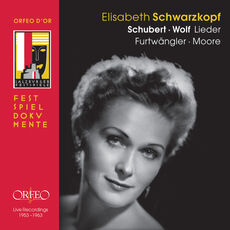
Classical
Mar 1, 2019
78 tracks
From $19.99 -
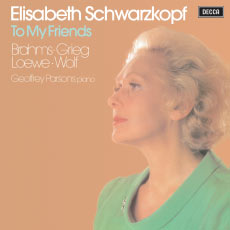
Classical
Jan 1, 1981
18 tracks
Wolf/Brahms/Loewe/Grieg: LiederClassical • January 1, 1981 • Decca Music Group Ltd.
16-Bit/44.1 kHz StereoFrom $15.09 -
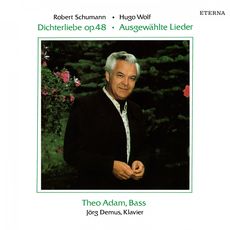
Miscellaneous
Jul 18, 1980
24 tracks
Schumann: Dichterliebe, Op. 48 / Wolf: Ausgewählte LiederMiscellaneous • July 18, 1980 • Eterna
16-Bit/44.1 kHz StereoFrom $4.09 -
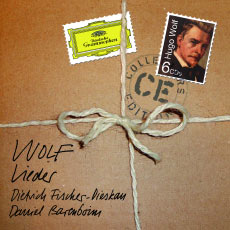
Classical
Jan 1, 2010
152 tracks
From $37.59 -
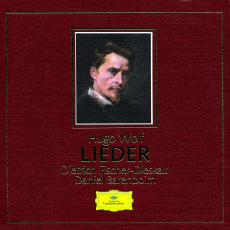
Classical
Jan 1, 2010
152 tracks
From $90.09 -
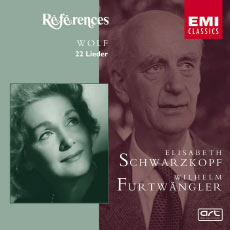
Classical
Jan 8, 2001
22 tracks
Wolf : LiederElisabeth Schwarzkopf/Wilhelm Furtwängler
Classical • January 8, 2001 • Warner Classics
16-Bit/44.1 kHz StereoFrom $11.49 -

Classical
May 1, 1992
23 tracks
From $18.09 -
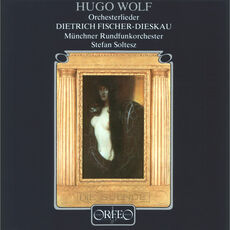
Vocal Music (Secular and Sacred)
Jan 1, 1991
17 tracks
Wolf: OrchesterliederVocal Music (Secular and Sacred) • January 1, 1991 • Orfeo
16-Bit/44.1 kHz StereoFrom $12.55 -
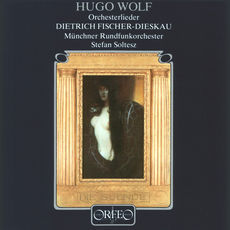
Vocal Music (Secular and Sacred)
Jan 1, 1991
17 tracks
Wolf: OrchesterliederVocal Music (Secular and Sacred) • January 1, 1991 • Orfeo
16-Bit/44.1 kHz Stereo -
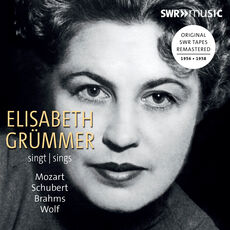
Classical
Apr 13, 2018
20 tracks
Elisabeth Grümmer Sings Mozart, Schubert, Brahms & WolfClassical • April 13, 2018 • SWR Classic
16-Bit/44.1 kHz StereoFrom $12.55 -
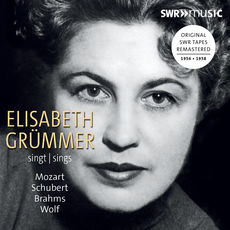
Classical
Apr 13, 2018
20 tracks
Elisabeth Grümmer Sings Mozart, Schubert, Brahms & WolfClassical • April 13, 2018 • SWR Classic
16-Bit/44.1 kHz Stereo -
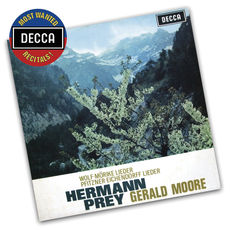
Classical
Sep 7, 2017
33 tracks
Wolf: Mörike-Lieder / Pfitzner: Eichendorff Lieder / Richard Strauss: LiederClassical • September 7, 2017 • Decca Music Group Ltd.
16-Bit/44.1 kHz Stereo -
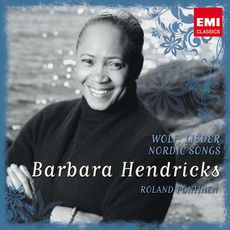
Classical
Nov 3, 2008
53 tracks
Hugo Wolf : Lieder - Mélodies nordiquesClassical • November 3, 2008 • Warner Classics
16-Bit/44.1 kHz StereoFrom $21.49 -
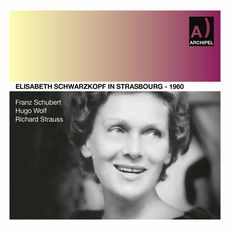
Classical
Jan 8, 2021
30 tracks
Schubert, Wolf, Strauss & Others: Art Songs (Live)Classical • January 8, 2021 • Archipel
16-Bit/44.1 kHz Stereo -
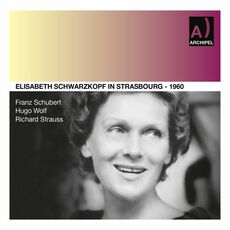
Classical
Jan 8, 2021
30 tracks
Schubert, Wolf, Strauss & Others: Art Songs (Live)Classical • January 8, 2021 • Archipel
16-Bit/44.1 kHz StereoFrom $19.99 -

Classical
Jan 1, 2016
26 tracks
Mendelssohn, Schumann, Schoeck & Wolf: LiederClassical • January 1, 2016 • Orfeo
16-Bit/44.1 kHz Stereo -
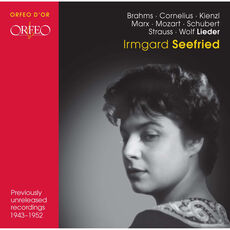
Classical
Jan 1, 2016
29 tracks
Brahms, Cornelius, Kienzl, Marx, Mozart, Schubert, Strauss & Wolf: LiederClassical • January 1, 2016 • Orfeo
16-Bit/44.1 kHz StereoFrom $12.55 -
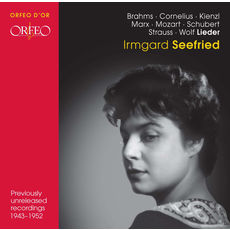
Classical
Jan 1, 2016
29 tracks
Brahms, Cornelius, Kienzl, Marx, Mozart, Schubert, Strauss & Wolf: LiederClassical • January 1, 2016 • Orfeo
16-Bit/44.1 kHz Stereo -

Classical
Oct 5, 2000
23 tracks
-
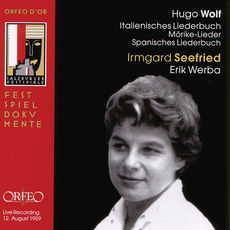
Classical
Mar 1, 2019
30 tracks
Wolf: Italienisches Liederbuch, Morike-Lieder & Spanisches LiederbuchClassical • March 1, 2019 • Orfeo
16-Bit/44.1 kHz Stereo -
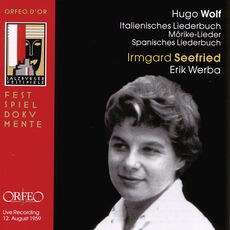
Classical
Mar 1, 2019
30 tracks
Wolf: Italienisches Liederbuch, Morike-Lieder & Spanisches LiederbuchClassical • March 1, 2019 • Orfeo
16-Bit/44.1 kHz StereoFrom $12.55 -
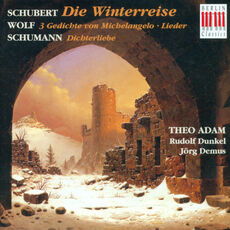
Vocal Music (Secular and Sacred)
Jan 1, 1975
57 tracks
Vocal Recital: Adam, Theo - Schubert, F. / Wolf, H. / Schumann, R.Vocal Music (Secular and Sacred) • January 1, 1975 • Berlin Classics
16-Bit/44.1 kHz StereoFrom $19.99 -
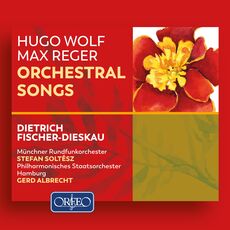
Classical
May 10, 2019
21 tracks
From $19.99 -
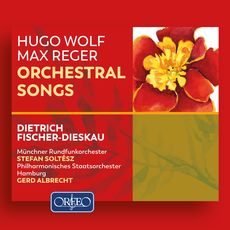
Classical
May 10, 2019
21 tracks
-
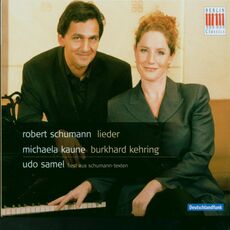
Vocal Music (Secular and Sacred)
Jun 21, 2006
36 tracks
Schumann, R.: 7 Lieder / Gedichte Der Konigin Maria Stuart / Frauenliebe Und -LebenVocal Music (Secular and Sacred) • June 21, 2006 • Berlin Classics
16-Bit/44.1 kHz StereoFrom $12.55 -

Pop/Rock
Jan 16, 2012
24 tracks
Die Besten Klassischen Gedichte (Inklusive Karaoke-Versionen)Pop/Rock • January 16, 2012 • JDD-Musik
16-Bit/44.1 kHz StereoFrom $10.79 -
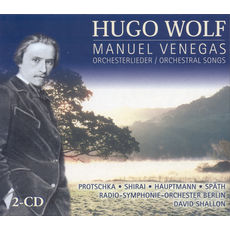
Vocal Music (Secular and Sacred)
Jan 1, 2004
26 tracks
Wolf, H.: Orchestral SongsVocal Music (Secular and Sacred) • January 1, 2004 • Capriccio
16-Bit/44.1 kHz Stereo -
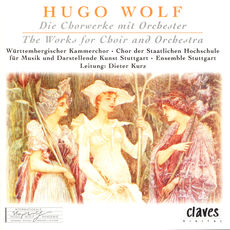
Classical
Jan 1, 1996
6 tracks
From $13.09
Categories:
Artists
Albums
Tracks
Labels
No result found.
We did not find any results matching your search.
{title}
{artist}
{name}
{albumsCount} releases
{name}
{albumsCount} releases
{title}
{album} - {artist}
Cart
0
Your cart is empty

